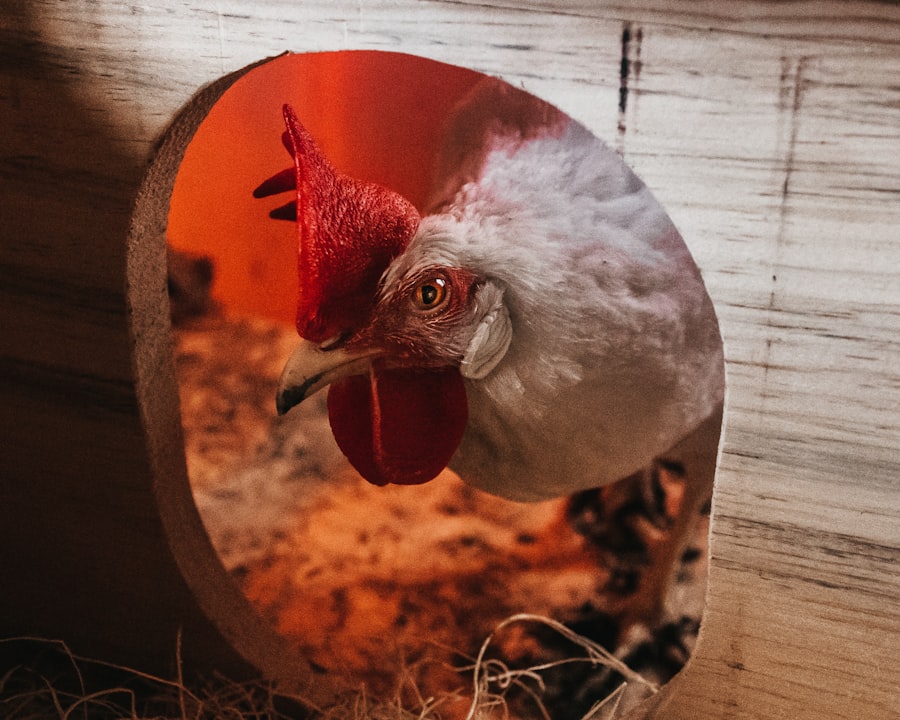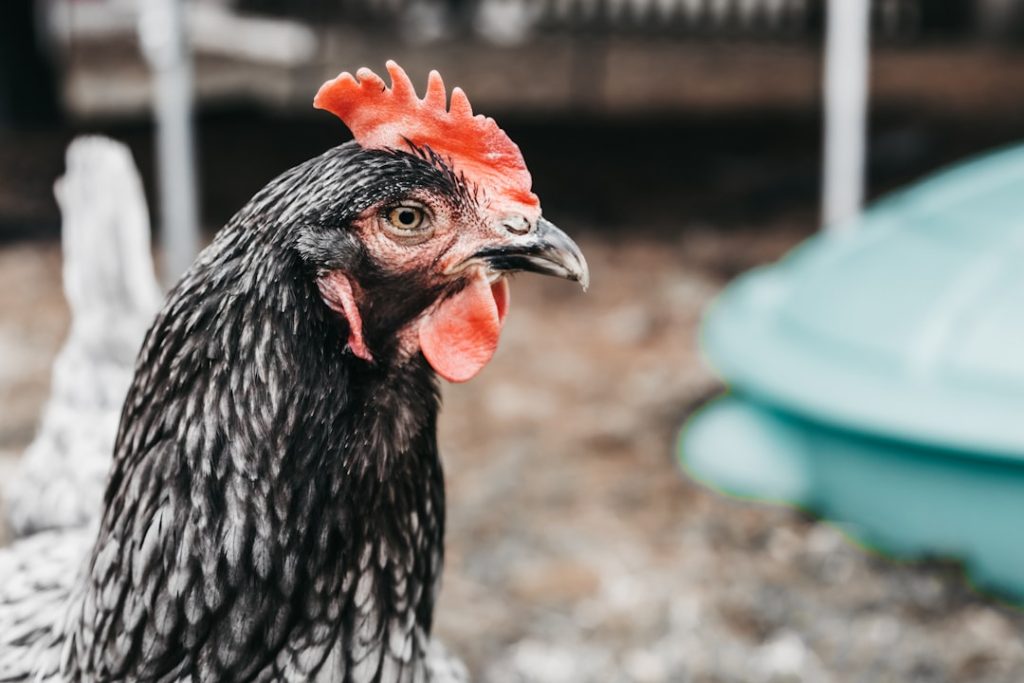Understanding local regulations is essential for businesses, particularly those in the food and beverage industry. Regulations can differ significantly between cities and counties, necessitating thorough research into the specific rules applicable to each area. This includes familiarizing oneself with requirements for food handling, storage, and preparation, as well as any regulations pertaining to alcohol service if relevant.
It is also important to be aware of zoning restrictions that may affect business operations and any applicable health and safety regulations. Compliance with local regulations helps businesses avoid fines and penalties while promoting long-term success. Staying informed about changes or updates to local regulations is equally important.
This may involve regular communication with local government agencies or industry associations to remain current on new requirements or restrictions that could impact the business. Proactive engagement with regulatory updates ensures ongoing compliance and helps businesses avoid potential issues arising from non-compliance. Furthermore, staying informed about local regulations can reveal opportunities for growth or expansion, as businesses may become aware of new incentives or programs beneficial to their operations.
Table of Contents
- 1 Zoning and land use restrictions
- 2 Obtaining permits and licenses
- 3 Health and safety considerations
- 4 Noise and odor concerns
- 5 Considerations for urban and suburban areas
- 6 Potential penalties for non-compliance
- 7 FAQs
- 7.1 What are the regulations for keeping chickens?
- 7.2 Do I need permission to keep chickens in my area?
- 7.3 What are the potential consequences of keeping chickens without permission?
- 7.4 How can I find out if I need permission to keep chickens in my area?
- 7.5 Are there any specific requirements for keeping chickens that I need to be aware of?
Key Takeaways
- Understanding local regulations is crucial for businesses to operate legally and avoid penalties.
- Zoning and land use restrictions dictate where certain types of businesses can operate within a community.
- Obtaining permits and licenses is necessary for businesses to legally operate and must be done in compliance with local regulations.
- Health and safety considerations are important for businesses to ensure the well-being of employees and customers.
- Noise and odor concerns must be addressed to minimize impact on the surrounding community and comply with regulations.
- Considerations for urban and suburban areas differ and businesses must adapt to the specific regulations of each location.
- Potential penalties for non-compliance with local regulations can include fines, closure of the business, and legal action.
Zoning and land use restrictions
Impact on Business Operations
Zoning regulations can affect whether you can open a restaurant or bar in a particular location, as well as any restrictions on outdoor seating, signage, or parking. Additionally, it’s essential to be aware of any restrictions on the sale of alcohol in certain areas, as this can impact the viability of your business.
Land Use Restrictions
In addition to zoning regulations, it’s crucial to consider any land use restrictions that may apply to your property. This may include restrictions on building height, lot coverage, or setbacks from property lines. These restrictions can impact your ability to make necessary renovations or expansions in the future.
Research and Compliance
It’s vital to thoroughly research and understand these restrictions before purchasing or leasing a property for your business. By doing so, you can avoid potential legal issues and ensure the long-term success of your food and beverage business. Understanding and complying with zoning and land use restrictions is crucial for a successful and sustainable business operation.
Obtaining permits and licenses

Obtaining the necessary permits and licenses is a critical step in starting and operating a food and beverage business. This may include obtaining a business license from the local government, as well as specific permits for food handling, alcohol service, outdoor seating, and signage. It’s important to thoroughly research and understand the specific permits and licenses that are required for your business, as well as the process for obtaining them.
This may involve submitting an application, paying a fee, and undergoing an inspection or review process to ensure that your business meets all necessary requirements. In addition to obtaining the necessary permits and licenses, it’s also important to ensure that they remain valid and up to date. This may involve renewing permits on an annual basis, as well as complying with any ongoing requirements or inspections that are necessary to maintain your licenses.
By staying proactive and organized in obtaining and maintaining the necessary permits and licenses for your food and beverage business, you can avoid potential fines and penalties for non-compliance, as well as ensure the smooth operation of your business.
Health and safety considerations
Health and safety considerations are paramount in the food and beverage industry, as they directly impact the well-being of your customers and employees. It’s important to thoroughly understand and comply with all health and safety regulations that apply to your business, including those related to food handling, storage, preparation, and sanitation. This may involve implementing specific procedures for cleaning and sanitizing work areas, as well as training employees on safe food handling practices.
Additionally, it’s important to be aware of any specific health and safety requirements related to alcohol service if applicable, such as responsible beverage service training for employees. In addition to complying with health and safety regulations, it’s also important to stay informed about any updates or changes to these regulations. This may involve regularly checking in with local health departments or industry associations to stay up to date on any new requirements or best practices that may impact your business.
By prioritizing health and safety considerations in your food and beverage business, you can not only ensure compliance with all relevant regulations but also build trust with your customers and create a positive work environment for your employees.
Noise and odor concerns
Noise and odor concerns are important considerations for any food and beverage business, especially those located in urban or suburban areas. It’s important to be aware of any local regulations related to noise levels and odor control, as these may impact the operation of your business. This may include restrictions on outdoor music or amplified sound, as well as specific requirements for ventilation systems or waste disposal to minimize odors.
By understanding and complying with these regulations, you can avoid potential complaints from neighbors or fines for non-compliance. In addition to complying with noise and odor regulations, it’s also important to be proactive in addressing any concerns that may arise from neighboring properties. This may involve communicating with neighbors about any planned events or activities that could generate noise or odors, as well as taking steps to minimize any potential impacts on the surrounding community.
By being a good neighbor and addressing noise and odor concerns in a proactive manner, you can build positive relationships within the community and ensure the long-term success of your food and beverage business.
Considerations for urban and suburban areas

Urban Areas: Maximizing Efficiency
In urban areas, limited space demands efficient layout and design to optimize operations. Additionally, limited parking availability necessitates consideration of alternative transportation options for customers.
Suburban Areas: Balancing Space and Noise Concerns
In suburban areas, more space may be available for outdoor seating or events, but noise concerns from neighboring properties must be taken into account. By understanding these specific considerations, businesses can tailor their operations to meet the needs of the local community.
Understanding Local Demographics and Preferences
Beyond physical space, it’s essential to be mindful of the demographics and preferences of the local population. Conducting market research helps understand dining habits, preferences, and potential competition, enabling businesses to tailor their menu offerings, marketing strategies, and customer experience to their target audience.
Potential penalties for non-compliance
Non-compliance with local regulations can result in a range of potential penalties for food and beverage businesses. This may include fines from local government agencies for operating without the necessary permits or licenses, as well as potential legal action from neighboring properties for noise or odor concerns. Additionally, non-compliance with health and safety regulations can result in temporary closures or even permanent shutdowns of businesses that pose a risk to public health.
By understanding the potential penalties for non-compliance with local regulations, you can prioritize compliance in all aspects of your business operations. In addition to potential fines and legal action, non-compliance with local regulations can also result in damage to the reputation of your business within the community. Negative publicity from health code violations or noise complaints can have a lasting impact on the success of your business, potentially leading to a loss of customers and revenue.
By prioritizing compliance with all relevant regulations, you can not only avoid potential penalties but also build trust with your customers and create a positive reputation within the community.
If you’re considering keeping chickens, you may be wondering if you need permission to do so. According to an article on Poultry Wizard, converting a shed into a chicken coop is a popular option for many backyard chicken keepers. The article discusses the process of converting a shed and the benefits of doing so. It also provides helpful tips for creating a suitable floor for your chicken coop and the importance of portability when it comes to chicken coops. Overall, it’s a great resource for anyone looking to start their own backyard flock. (source)
FAQs
What are the regulations for keeping chickens?
In many areas, there are regulations and zoning laws that dictate whether or not you can keep chickens on your property. These regulations may include the number of chickens allowed, coop requirements, and distance from neighboring properties.
Do I need permission to keep chickens in my area?
Yes, in most areas, you will need to obtain permission from your local government or homeowners’ association before keeping chickens on your property. This may involve obtaining a permit or adhering to specific regulations.
What are the potential consequences of keeping chickens without permission?
If you keep chickens without obtaining the necessary permission, you may face fines, legal action, or having to remove the chickens from your property. It’s important to check and adhere to local regulations to avoid these consequences.
How can I find out if I need permission to keep chickens in my area?
You can find out if you need permission to keep chickens in your area by contacting your local government or checking the zoning laws and regulations for your specific location. Additionally, you can reach out to your homeowners’ association if applicable.
Are there any specific requirements for keeping chickens that I need to be aware of?
Specific requirements for keeping chickens can vary by location, but common regulations may include the number of chickens allowed, coop size and design, distance from neighboring properties, and waste management. It’s important to familiarize yourself with these requirements before keeping chickens.
Meet Walter, the feathered-friend fanatic of Florida! Nestled in the sunshine state, Walter struts through life with his feathered companions, clucking his way to happiness. With a coop that’s fancier than a five-star hotel, he’s the Don Juan of the chicken world. When he’s not teaching his hens to do the cha-cha, you’ll find him in a heated debate with his prized rooster, Sir Clucks-a-Lot. Walter’s poultry passion is no yolk; he’s the sunny-side-up guy you never knew you needed in your flock of friends!







